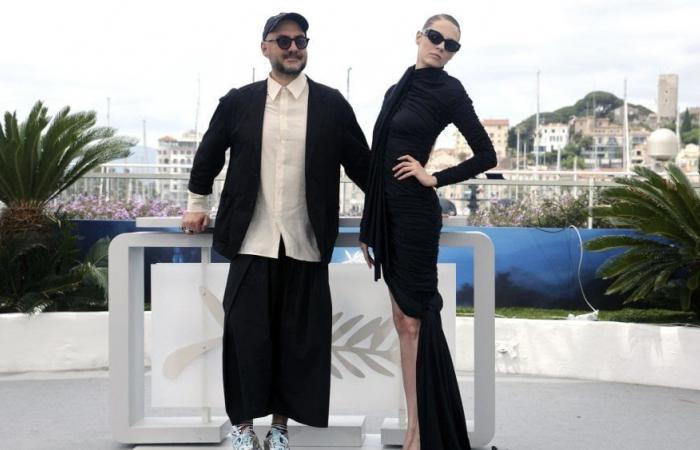Emmanuel Carrère, who wrote a book on Limonov, states that he represents the conflicts and contradictions of the 20th century. Do you share his point of view?
Yes, he is absolutely right. For me, Limonov embodies all of this. It represents the idea of resentment, an emotion that we know inevitably leads to war. It is for this reason, given the current context, that Limonov is a fascinating figure to study, to understand, and for me, to represent in cinema. We see that his life is in constant chaos. He is a poet, a politician, a deeply contradictory character… This chaos influenced the very form of the film, as if this character transmitted it within the screenplay.
And yet, from this chaos, poetry is born…
Exactly. Chaos, contradictions, but also pain, hatred, love… all this nourishes poetry. For me, Limonov is above all a poet. That’s why I insisted on the term “ballad” to present the film… But a punk-style ballad! It’s a bold blend that reflects his explosive personality.
Through Édouard Limonov and his double Eddie, there is the idea that we cannot separate the author from his work. Is this also the case for you?
Flaubert said: “Madame Bovary, it’s me.” For my part, I can say: “Limonov, it’s not me.” And yet, like any artist, I share with him fragments of emotions, thought “viruses” in homeopathic doses. The difference is that he is more devoured by destructive passions.
Books






